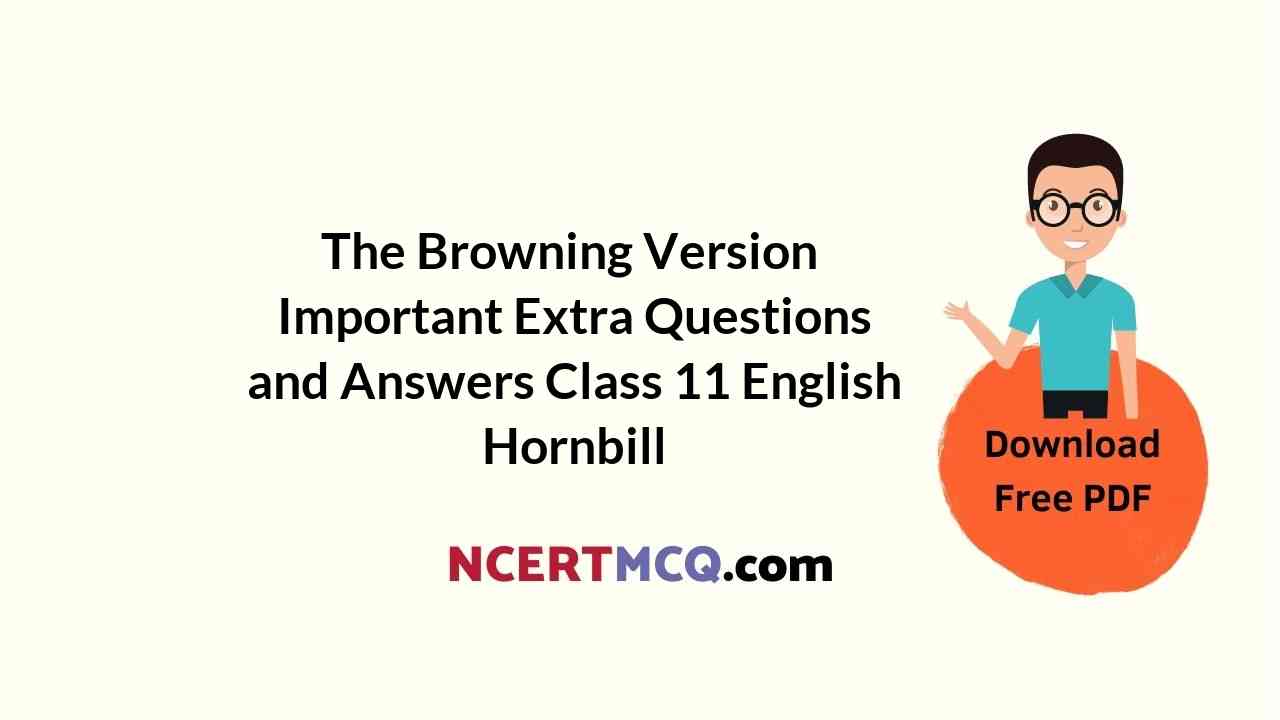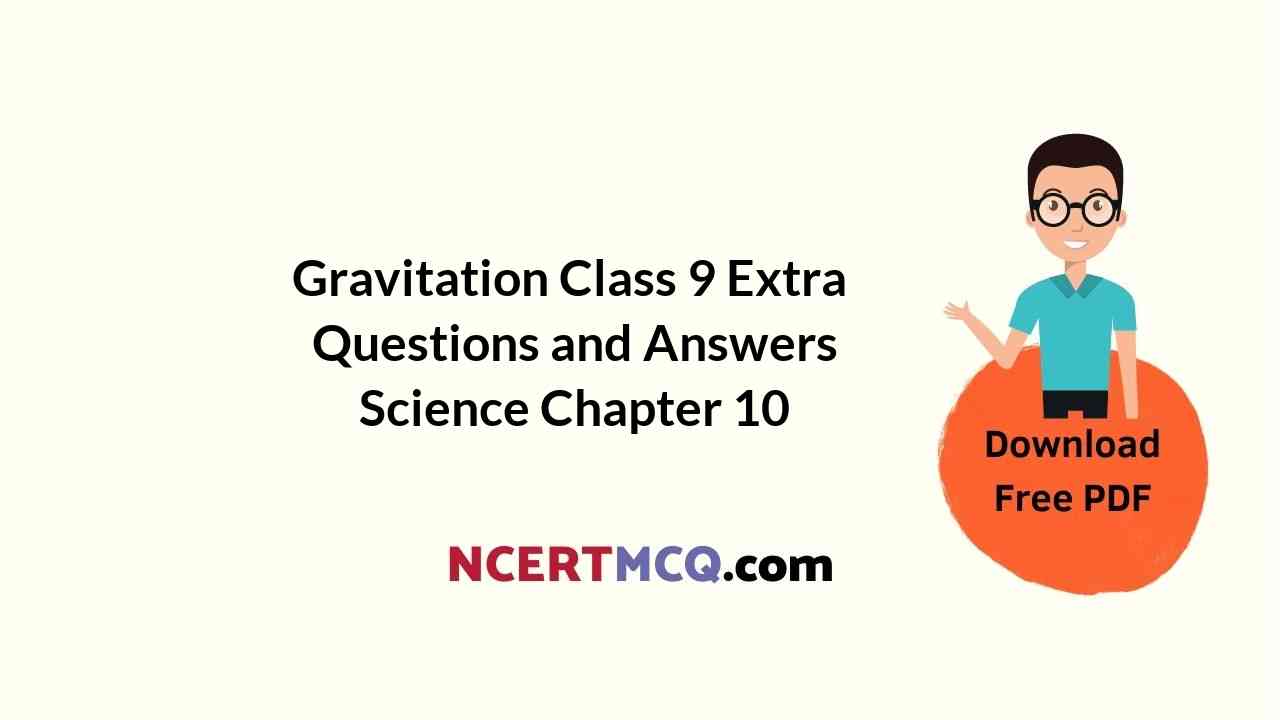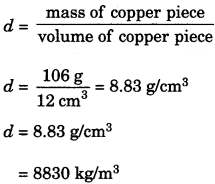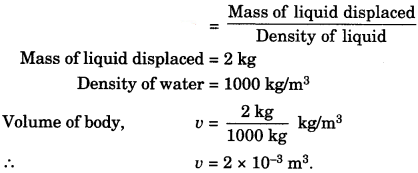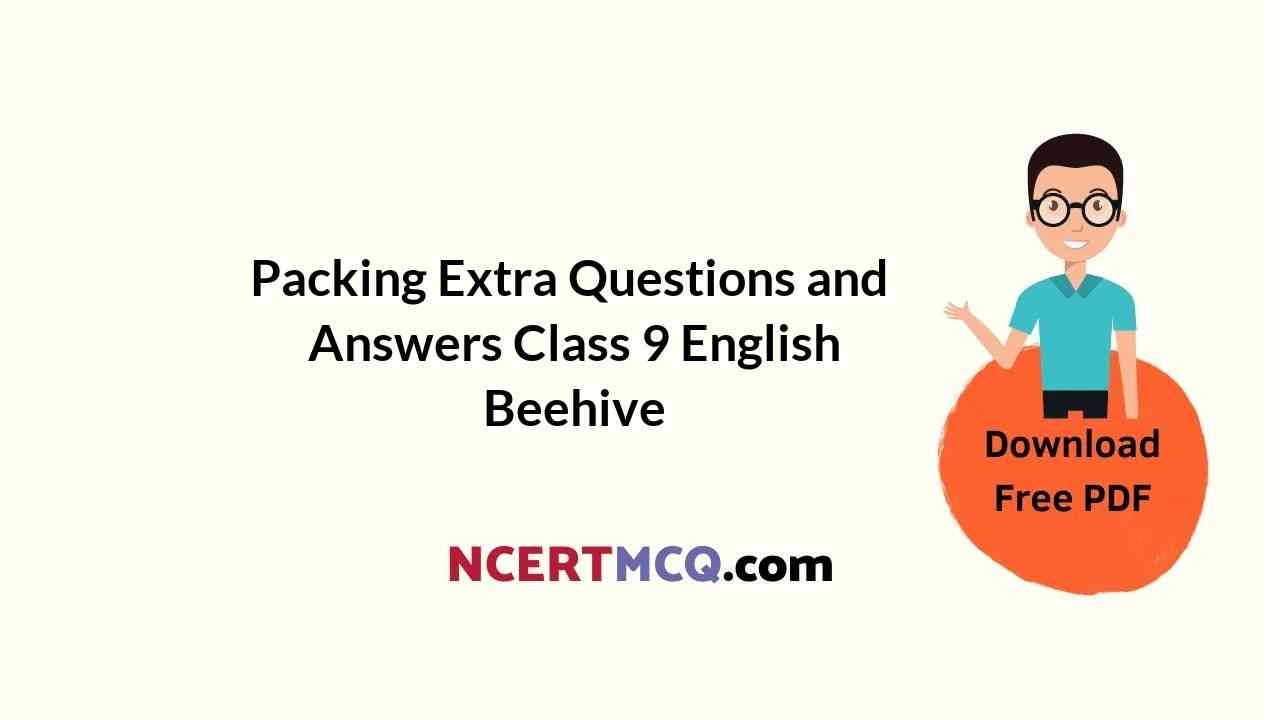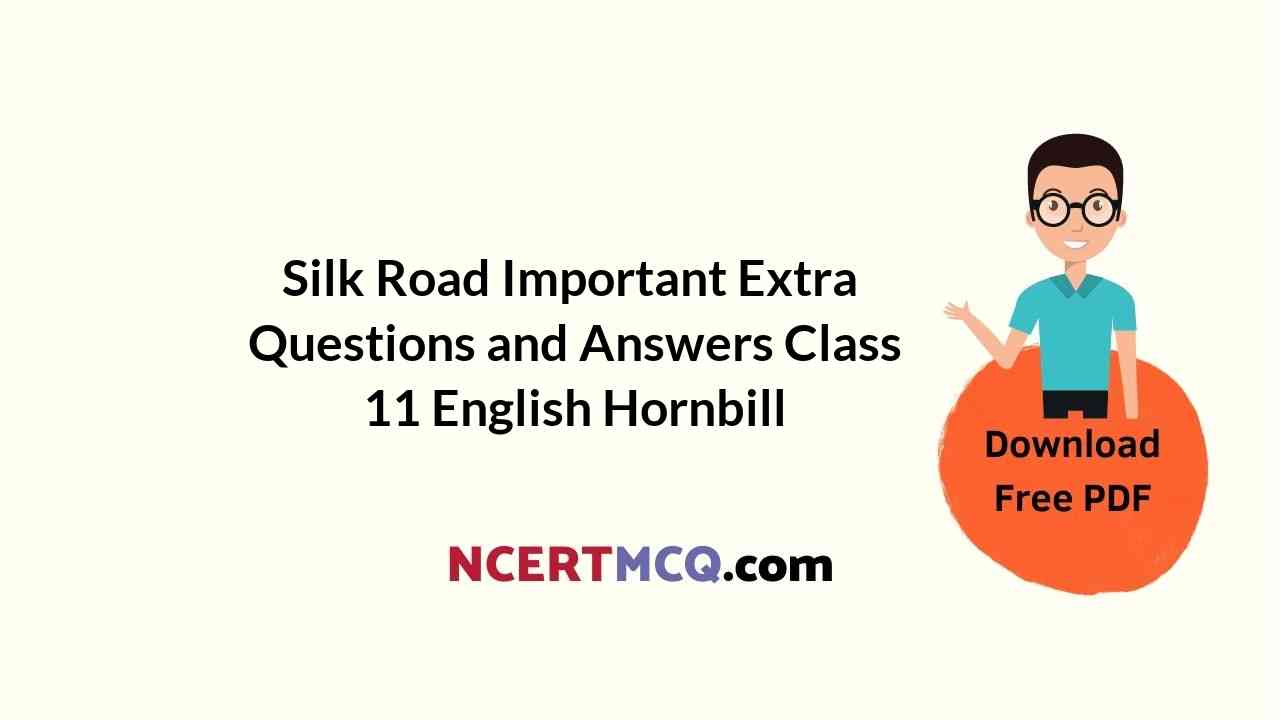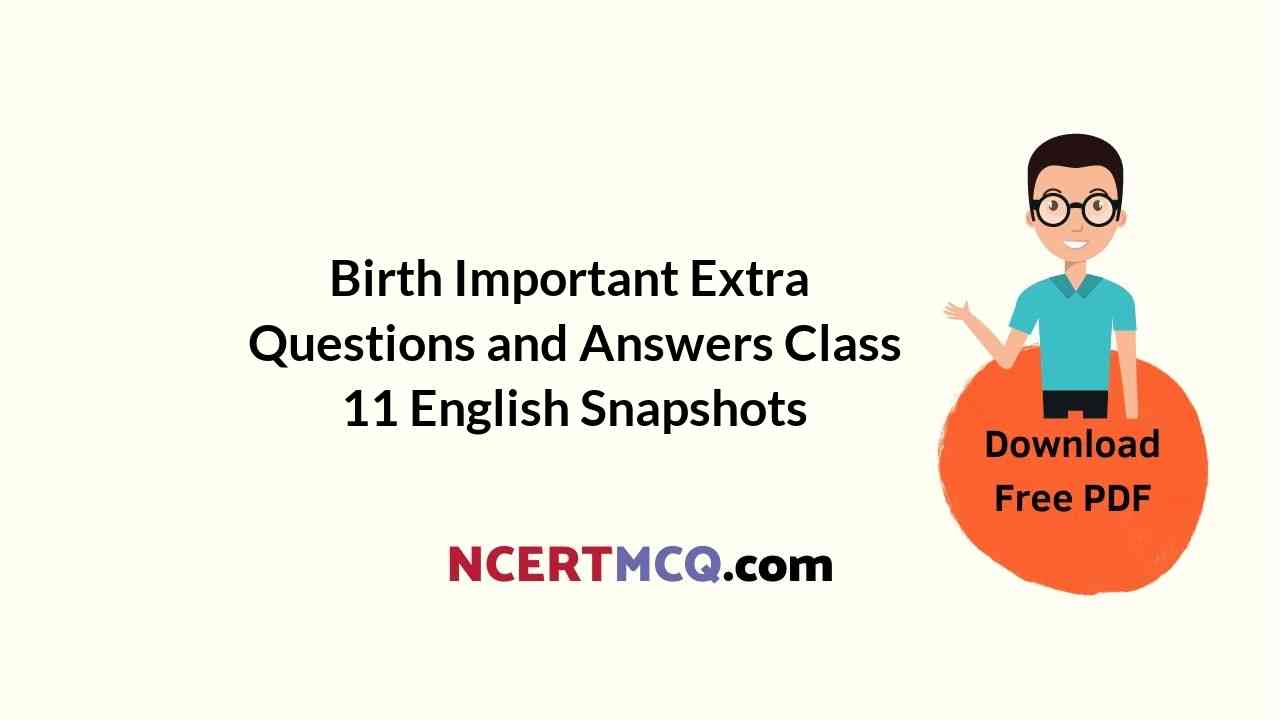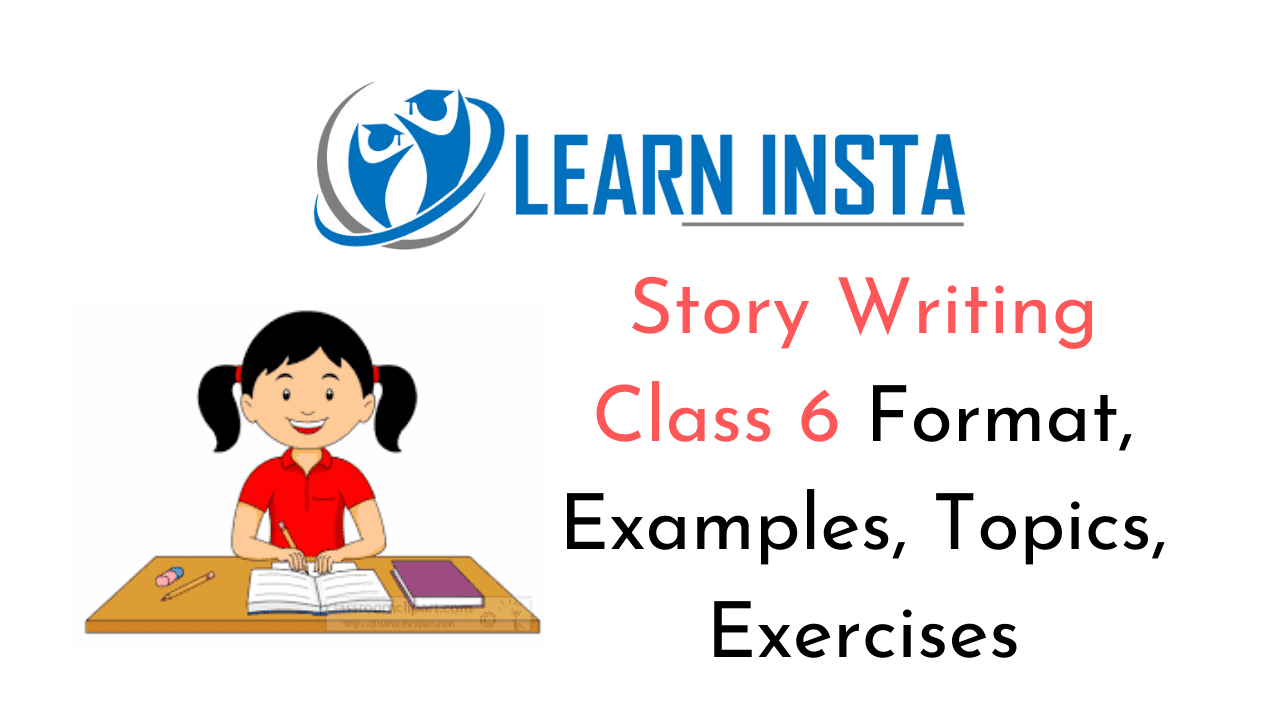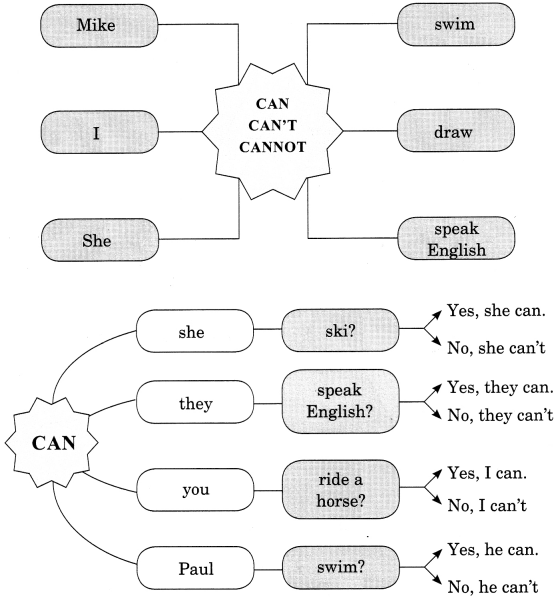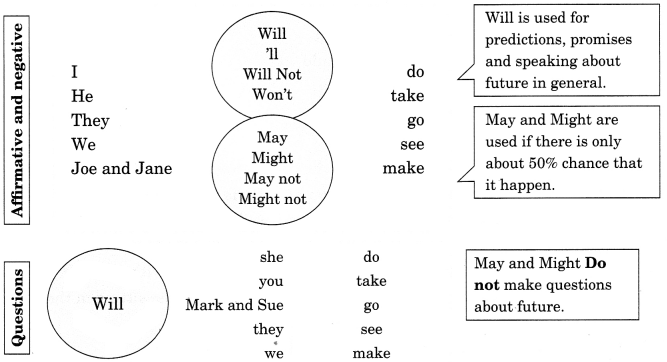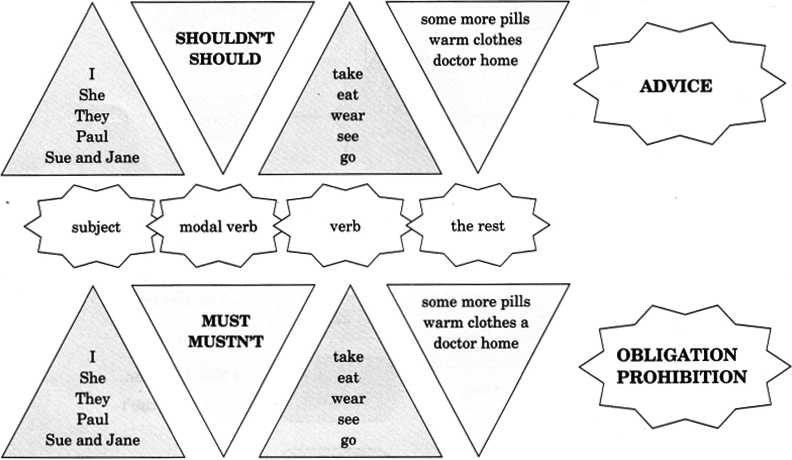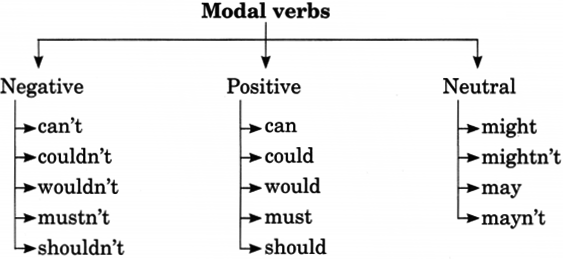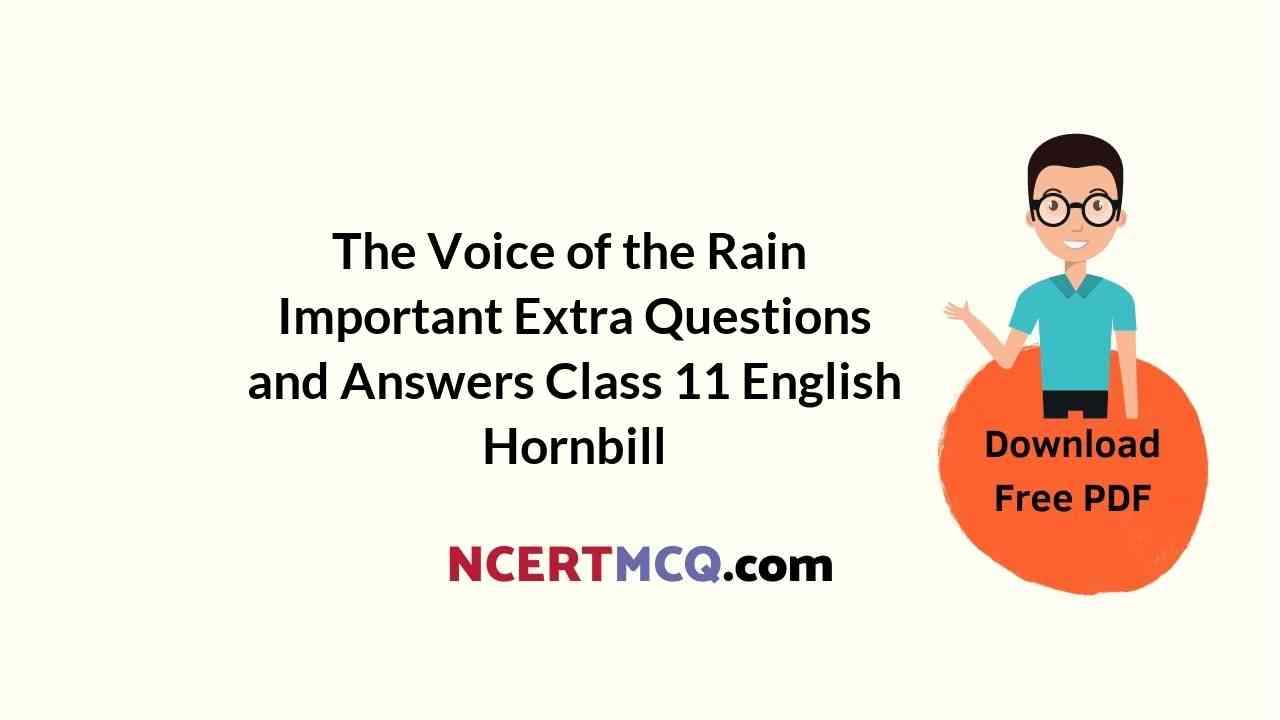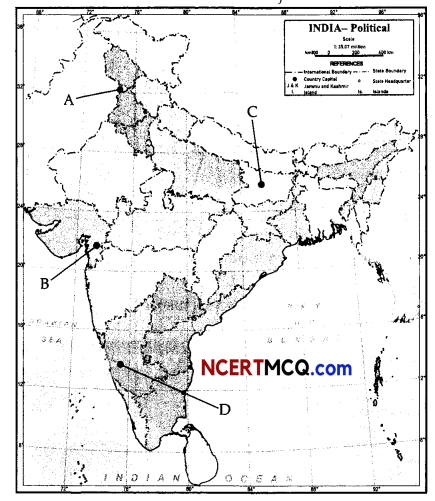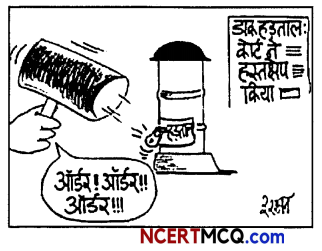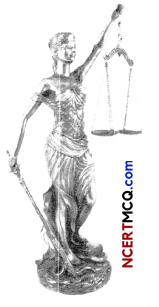Here we are providing Online Education The Browning Version Important Extra Questions and Answers Class 11 English Hornbill, Extra Questions for Class 11 English was designed by subject expert teachers. https://ncertmcq.com/extra-questions-for-class-11-english/
Online Education for The Browning Version Important Extra Questions and Answers Class 11 English Hornbill
The Browning Version Extra Questions and Answers Short Answer Type
The Browning Version Class 11 Extra Questions Question 1.
Where does Taplow meet Frank? What does Taplow feel about being there?
Answer:
Taplow meets Frank at Mr Crocker-Harris’s office, at school. Taplow had been given extra work to do as he had missed a day of school the previous week when he was ill. It was the last day of school and he wished to play golf instead.
Browning Version Class 11 Extra Questions Question 2.
What subjects does Taplow want to opt for and why?
Answer:
Taplow wishes to opt for science if he manages good grades. He claims to be really interested in science and feels it is more interesting than studying classics such as ‘The Agamemnon’, which he calls “muck” it had a lot of Greek words, and Mr Crocker-Harris punished them for not getting them right.
The Browning Version Extra Questions Question 3.
Why does Taplow feel that Mr Harris is “hardly human”?
Answer:
Taplow feels that putting in extra work would make no difference to Mr Harris. He had told Taplow that he had got what he deserved. Taplow suspects he might be awarded with fewer marks to make him do extra work. He feels Mr Harris is unfeeling worse than a sadist, and thus calls him “hardly human”.
Browning Version Extra Question Answer Question 4.
What does Frank suggest to Taplow about waiting for Mr Harris?
Answer:
When Taplow tells Frank that he was supposed to meet Mr Crocker-Harris at six-thirty, Frank tells Taplow that Mr Crocker-Harris was already ten minutes late. He suggests that Taplow could go and play golf. But Taplow is shocked and expresses his apprehension if Mr Crocker-Harris should know. He was certain that nobody had ever done that with Mr Crocker-Harris.
The Browning Version Class 11 Question Answers Question 5.
Why does Taplow feel that Mr Harris has no feelings?
Answer:
Taplow calls Mr Harris worse than a sadist. One is required to admit to feelings if considered a sadist. Mr Harris’s inside, feels Taplow, is like a nut and he seems to hate people liking him. He did not appreciate Taplow appreciating his jokes and embarrassed him in return.
Browning Version Extra Questions Question 6.
How did Taplow try to express his liking for Mr Harris? What was the outcome?
Answer:
Taplow admits to liking Mr Harris and realized he felt uncomfortable about people liking him. He recalls an episode, in class, where Mr Crocker-Harris made one of his jokes to which nobody laughed. Taplow knew that it was meant to be funny, and laughed. To which, Mr Crocker-Harris teased Taplow about his knowledge of Latin and asked him to explain the joke to the class.
Extra Questions Of Browning Version Question 7.
Who was Millie Crocker-Harris? What was she like?
Answer:
Millie Crocker-Harris was the young wife of Mr Crocker-Harris. She was a thin woman in her late thirties, and was more smartly dressed than the other schoolmasters’ wives.
The Browning Version Class 11 Important Questions Question 8.
How does Millie Crocker-Harris send Taplow away?
Answer:
Millie learns from Taplow that he was waiting for her husband and suggests he leaves for quarter of an hour since Mr Harris might be a while. Taplow is hesitant; Millie assures him she would take on the blame if Mr Harris arrives before that. She finally sends Taplow off to the chemist.
The Browning Version Extra Questions and Answers Long Answer Type
Extra Questions Of The Browning Version Question 1.
Write a brief character sketch of Frank Hunter.
Answer:
Frank Hunter was the popular, young science teacher. He is liked by the students who feel he can understand them better than Mr Crocker-Harris. He is also popular because he teaches science which the students find easier to comprehend than Classics which they think is “muck”. He, however, feels students who take up science are slackers and don’t take much interest in the subject.
He is easy to talk to and approachable. His attitude puts them at their ease. Taplow finds he can confide his troubles to him. In fact, he forgets himself enough to refer to his teacher Mr Crocker-Harris as “the Crock”.
However, he encourages students to talk ill of other teachers. He probes the details of the relationship between Mr Crocker-Harris and Taplow. He also encourages Taplow to disobey the teacher’s orders and go off before meeting Mr Crocker-Harris.
The Browning Version Question Answer Question 2.
What idea do you form of Taplow after reading the play ‘The Browning Version’?
Answer:
Taplow is a young boy of seventeen, studying in the lower fifth grade. He is an obedient and hard-working student. He has great liking for science. He was summoned for extra work by Mr Crocker-Ha Types 11 and 13 Questions rris for missing school for a day. the week before. Though he wishes to play golf on the last day before school closes, he obediently turns up to wait .for his teacher. He is devoted to Mr Crocker-Harris.
When Taplow comes across Mr Frank, the science teacher, Mr Frank, gets Taplow to discuss Mr Crocker- Harris and also encourages him to leave. Taplow replies that he cannot “cut” as Mr Harris would probably follow him home.
When Mr Frank insinuates that his teacher might award him with a fine result for doing extra work, Taplow refutes it calling Mr Harris a man of principles. He reiterates that Mr Crocker-Harris had told him that he had given him exactly what he deserved. Taplow is a sincere student who respected his teachers.
